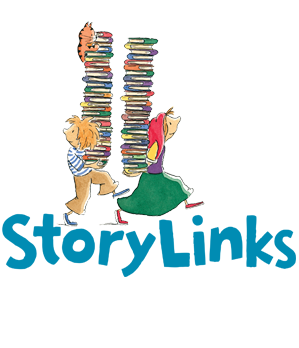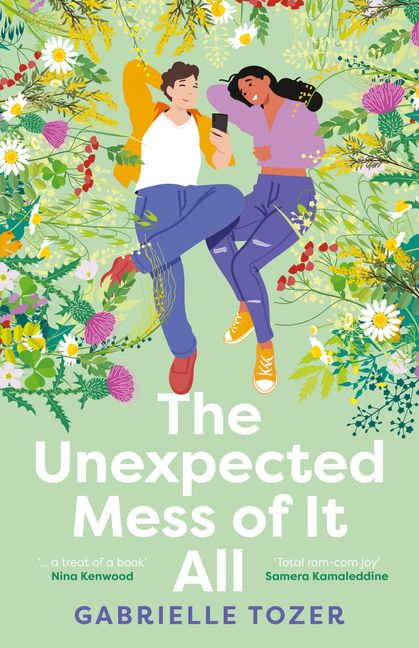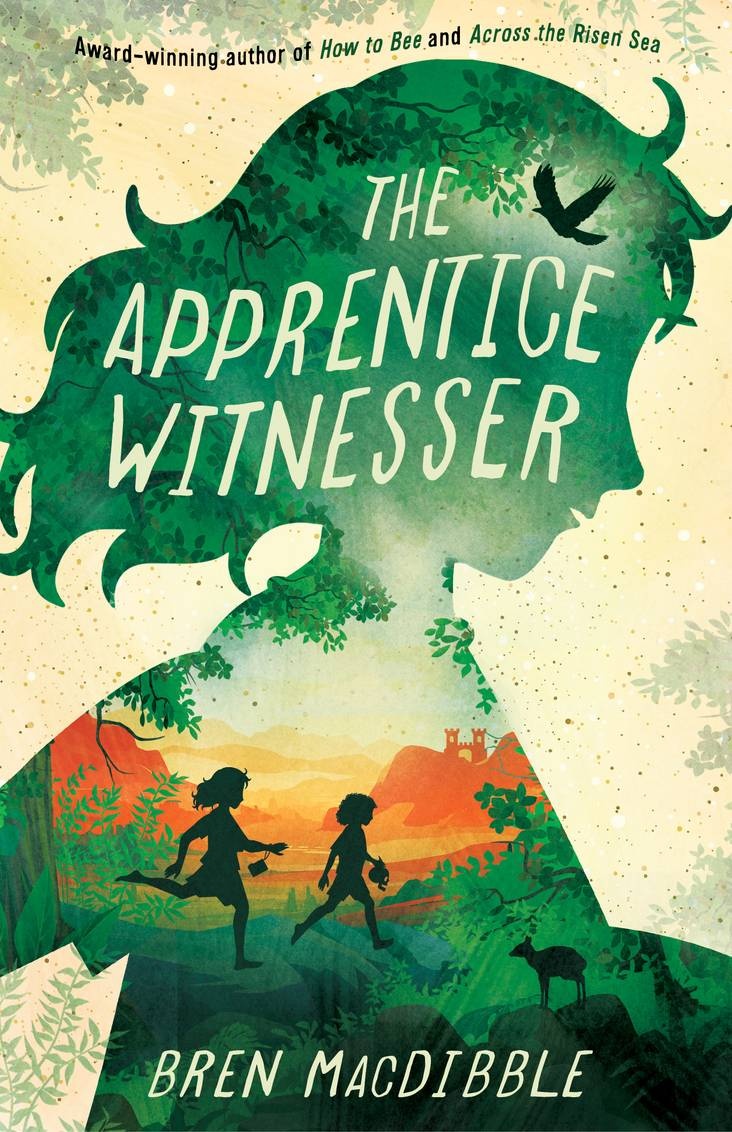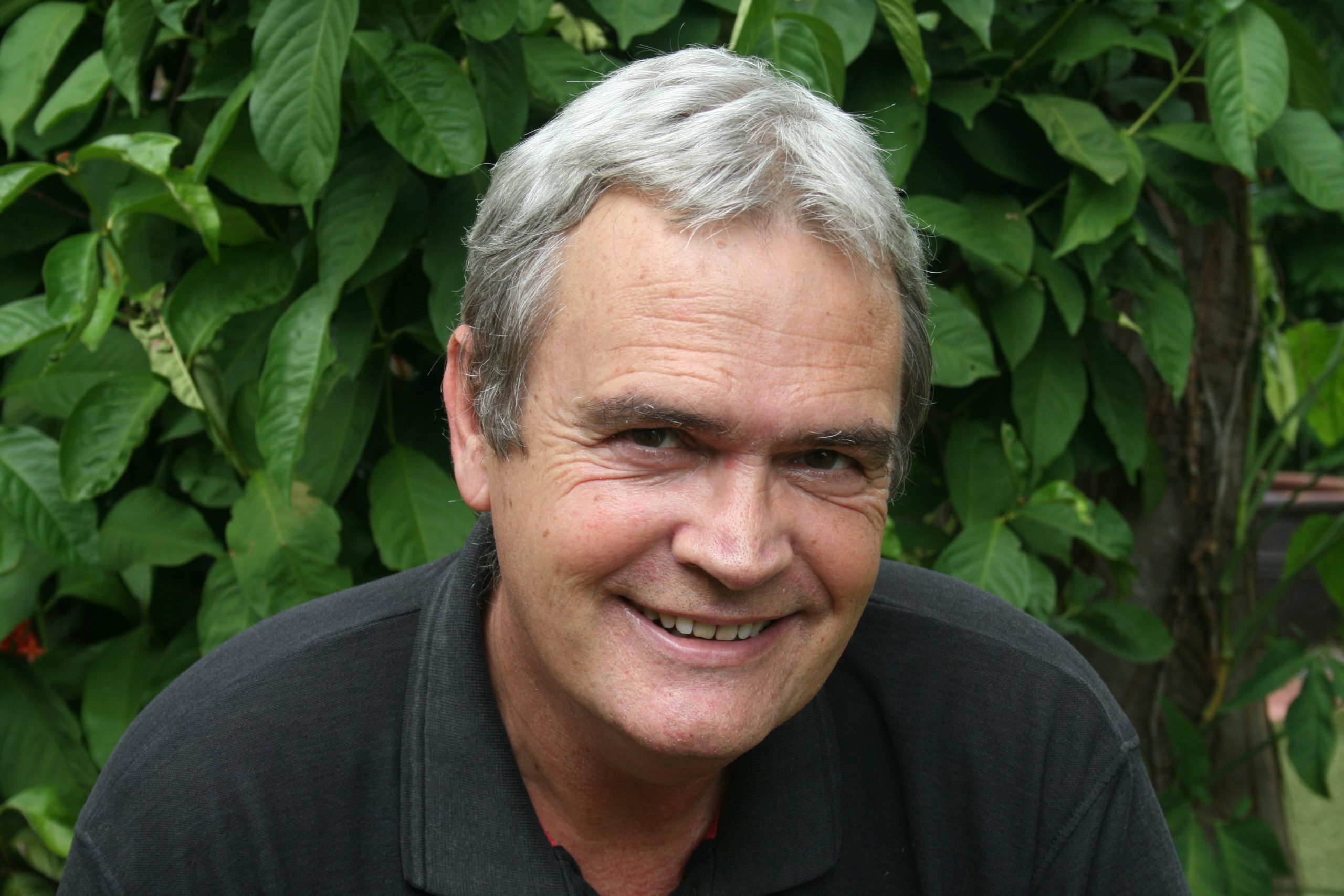
Ask the Author: Barry Jonsberg
By Mia Macrossan
 Barry Jonsberg emigrated from the UK many years ago and now lives in Darwin where he taught English for many years. He says he fell in love with Australian YA fiction, particularly the work of Scot Gardner, Phillip Gwynne, John Marsden and Marcus Zusak who encouraged him to write his own novel.
Barry Jonsberg emigrated from the UK many years ago and now lives in Darwin where he taught English for many years. He says he fell in love with Australian YA fiction, particularly the work of Scot Gardner, Phillip Gwynne, John Marsden and Marcus Zusak who encouraged him to write his own novel.
The highly successful The Whole Business with Kiffo and the Pitbull, described as ‘both funny and wise’ was the result. I remember reading it when it first came out and being bowled over by this fresh new voice, the irreverence, the humour, the pitch perfect characterisation of teenagers and yes, the wisdom and warmth that permeated the story.
That description suits many of the more than twenty novels that followed. Perhaps his most famous one is his middle grade novel My Life As An Alphabet which has been made into a film and won the Victorian Premier’s Literary Award, 2014, was an Honour book CBCA Book of the Year, Younger Readers, 2014, and shortlisted in the Prime Minister’s Literary Awards, Prize for Children’s Fiction, 2014 as well many others.
His recent novels include Catch Me If I Fall and A Little Spark and now his latest Smoke & Mirrors about Grace who isn’t a ‘people person’. All she needs is her magic tricks and her wise-cracking grandmother – until a new friend comes along and promises to make her a social media star.
Barry very generously agreed to answer some nosy questions about the writing of Smoke & Mirrors but we did veer into other territory.
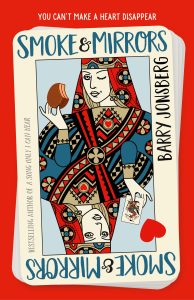 Smoke & Mirrors is a story about a girl who is a practicing magician, who uses misdirection and sleight of hand for effect. What drew you to this subject of magic? Many teenagers prefer fantasy, you know, dragons, spells, hidden powers, to magic tricks. Why do you think this kind of magic is a subject that will interest or appeal to young adults?
Smoke & Mirrors is a story about a girl who is a practicing magician, who uses misdirection and sleight of hand for effect. What drew you to this subject of magic? Many teenagers prefer fantasy, you know, dragons, spells, hidden powers, to magic tricks. Why do you think this kind of magic is a subject that will interest or appeal to young adults?
I do enjoy reading about the ‘other’ type of magic and, yes, many teenagers are heavily into fantasy, dragons and all that. But I think there is a danger in chasing trends in the hope of appealing to a particular market. Maybe some teenagers might get interested in a different type of magic?
This book started after I watched, again, the amazing routine of Shin Lim on the American TV show, Penn and Teller: Fool Us. It’s an amazing routine. I know they’re tricks but still… It occurred to me that someone has to be incredibly dedicated to fool an audience so spectacularly. From there I wondered if a young person could get so absorbed in the craft that it would dominate her life and shape her personality. The character of Grace started to emerge.
It was only part way through writing the book that it dawned on me that what I was attempting was my own type of sleight of hand – tricking readers into believing the world I was creating. And the same applies to films and many television shows – we are surrounded by smoke and mirrors. I thought this story had potential.
You obviously did quite a bit of research into magic and magicians. How was that and can you do magic tricks now?
I normally hate research because it gets in the way of writing, but this was fun. So many YouTube videos to watch, including those that tell you how tricks are performed. It confirmed what I already knew – to be a good magician you have to put in years of unrelenting practice. I can’t do what Grace does because I don’t have that kind of dedication or indeed the spare time to devote to it. But I picked up some card tricks, mainly the self-working kind that don’t require any skill.
The main character Grace is really in a very bad place in the beginning of the book. Her family is broken – her dad and brother died some time ago, her mother is an alcoholic, her uncle she suspects is a conniving thief. Grace does get on with her grandmother but she is very ill and wants to end her life. Doom and gloom all round. Why?
You know, I never intended the doom and gloom. It came out of the character. Maybe her obsession with magic came from a desire to escape the nastiness of her life. Maybe it gives her control over something when that’s lacking in her lived experience. Perhaps it’s simply a means of forgetting how unfair everything is. I’m not fond of pseudo psychological insights into characters, mind you. Grace grew and developed the longer I wrote; it became clear to me that she is both brilliant and deeply flawed [my editor suggested she’s neuro divergent which may well be true]. And now I realise I’m veering into answering the next question …
Grace could have come across as a miserable grouch but she is vulnerable and appealing and very funny. Where did the character Grace come from? Was it difficult to keep a balance between emotional intensity and the humour?
My first instinct as a writer is always towards humour. But I also seem to have a predisposition towards the dark, as well. I’m very glad that Grace comes over as funny, vulnerable and appealing. That’s exactly the way I see her. As far as balance is concerned, I do really enjoy it when a reader says that she laughed and cried when reading one of my books [A Little Spark got that reaction a lot]. It’s a bit of sleight of hand – you think this is funny? Well, you won’t be laughing now …
I like laughing, but I also want to feel moved when reading a novel. If a writer is not touching your emotions then something is wrong.
To be honest I found the character of Simon a little hard to believe in at first. He seems too good to be true but Grace needs someone as a foil for her wit and a fixer for her career as a magician, above all she needs a friend. Where did Simon come from?
Why would anyone become friends with a person like Grace who goes out of her way to be unwelcoming and rude to all overtures? It’s a good question. Is he a masochist? Maybe he’s just what he says he is – someone who needs a little wonder in his life, someone who sees beyond Grace’s hard exterior and likes her attitude to life in general. There is, after all, something very attractive about people who simply don’t care what others think. Most of us spend considerable energy trying to be liked and maybe there’s a grudging admiration for those who don’t buy into all of that. I think/hope Simon is more than just a necessary plot device. He’s kind and he cares. Grace is a bit like that but she goes out of her way to make sure her heart is not on her sleeve.
You are very careful to keep all romance out of the Grace/Simon relationship although there are hints of possibilities. Why no romance?
Because it’s too obvious and would require a dramatic change in Grace’s personality to even be a remote possibility. She couldn’t change to that extent, especially within the timeline of the story. For someone like Grace, who is even distrustful of her feelings towards Gran, she simply couldn’t open herself up emotionally to anyone else. Friends often last where romance doesn’t. Conceding he might be a friend is a huge admission for Grace. And maybe a breakthrough.
What is the function of humour in this story? Do the jokes come as you write or do you actively insert/plan/construct situations to insert a particular effect? I suppose I am asking are you a plotter or a ‘pantser’ when you write your books?
Oh, I’m a pantser and always have been. I never have any idea when I start a story how it is going to end. Basically, I write like a reader reads – to find out what happens next. Start with an idea and then run with it. I really enjoy doing this and I’m not sure I could do it any other way. Some of my writer friends are obsessive plotters and good on them. But if I try to plot then everything becomes artificial to me. Characters have to meet the demands of the plot, rather than plot developing from character. The way I do it, I’m often surprised by the way my stories end. It feels like magic which I’m all in favour of.
So. Humour comes naturally as I write. No pre-conceived jokes. It happens when it happens.
The book deals with alcoholism, grief, assisted dying, fractured families, friendship, loneliness, and death. What is the most important takeaway for young readers?
Phew, that’s a tricky one. I could say something like: no matter how bad life seems to be treating you there are people who care and life always has something to offer. But young readers, I think, are not impressed by things like this – it’s old people trying to pass on unsolicited wisdom. What I would really like young readers to take away from the book is pleasure from reading. That was fun will do it for me.
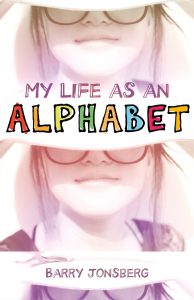 Congratulations on the filming of My Life As An Alphabet. Do you see Smoke & Mirrors as a possible film? Do you write now with that in mind? I am tempted to ask who you would cast in main parts if it was filmed. Care to share?
Congratulations on the filming of My Life As An Alphabet. Do you see Smoke & Mirrors as a possible film? Do you write now with that in mind? I am tempted to ask who you would cast in main parts if it was filmed. Care to share?
Thank you. I thought the film was quite beautiful and true to the book. I don’t write thinking about films. The odds of a book being made into as film are very, very long so it would be pointless. If it happens, brilliant, but no expectations. So no thoughts on casting … Except Miriam Margolyes would make a brilliant Gran [and, after the film, she’s become a friend. How cool is that?]
What was your favourite book as a child?
I loved The Famous Five books by Enid Blyton. I am very old. Interestingly, when I re-read some about ten years ago, I was appalled by how colonial they are. And don’t get me started on the portrayal of women. There’s probably a moral here. Don’t re-read your favourite childhood books as an adult. It breaks your heart.
What are you reading now?
A book called Recursion by Blake Crouch. It’s hard sci fi and mind-bending stuff.
Is there a book you wish you had written? Why?
Almost anything by Ian McEwan. What a writer. The opening chapter of Enduring Love is staggering. I really wish I could write like that.
Can you tell us what are you working on at the moment?
I’ve just finished two books [one in December, another in January this year] and I’m starting another. It’s provisionally entitled All The Sand Castles. I have no idea what’s going to happen.
Thank you Barry, for speaking to StoryLinks and congratulations on giving your many readers another funny and heart warming story. Warning: reading this novel, as well as making you laugh and cry, will also make you go out hunting for that somewhat rare comestible, the wagon wheel.

